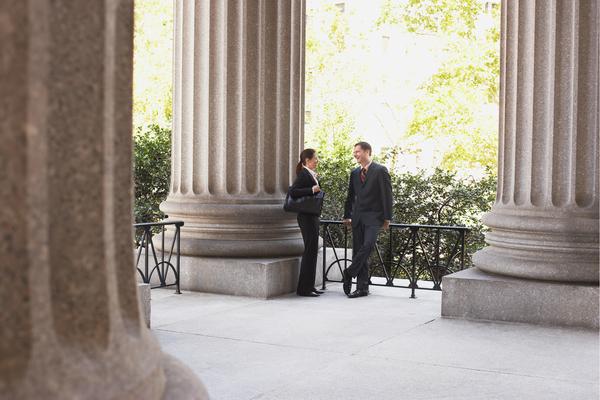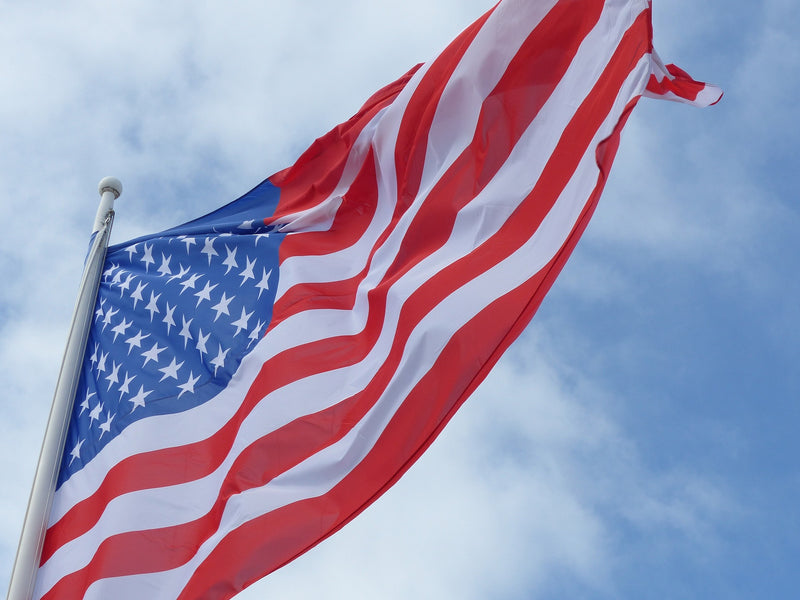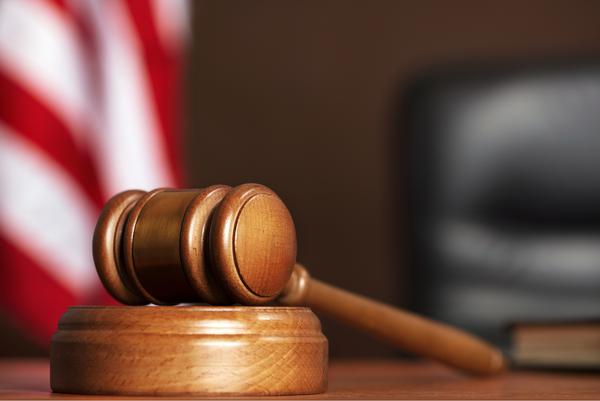- Home
- Course #334- Boumediene V. Bush: Guantanimo Or U.S. Court - 1 Hour MP3
Course #334- Boumediene V. Bush: Guantanimo Or U.S. Court - 1 Hour MP3
Click the links below to download log sheets.
CALIFORNIA LOG SHEETS
Page 1 of 4
Page 2 of 4
Page 3 of 4
Page 4 of 4
Related Products
26 Unit MP3 CLE Bundle - 545 SERIES

26 Unit MP3 CLE Bundle - 545 SERIES
$ 399.00
26 Hour CLE Package Includes: Bundle 545 26 HOURS Ethics: Practice Law with Integrity, A Judges View 507 Bias: Harassment, Retaliation & Discrimination (Transgender) 509 Bankruptcy Law: Chapter 7 Overview 513 Human Trafficking 514 Substance Abuse & Legal Competence 515 Labor Law: Conflict in Labor & Discrimination C...
9 Unit CLE Bundle - 546 SERIES

9 Unit CLE Bundle - 546 SERIES
$ 269.00
9 Hour CLE Package Includes: 4 Ethics,1 Bias, 1 Substance Abuse BUNDLE 546 HOURS $269.00 +20.74 SHIPPING + $20.18 TAX (7.5%) = 309.92 pick any 9 Ethics: Practice Law with Integrity, A Judges View 507 Bias: Harassment, Retaliation & Discrimination (Transgender) 509 Bankruptcy Law: Chapter 7 Overview 513 Human Trafficking 514 Su...

Course #343- Ethics: Facebook, Twitter and Other Social Networking Sites - 1 Hour
$ 59.00
Course# 343: Ethics: Facebook, Twitter and Other Social Networking Sites MCLE: 1 hour Ethics Speaker: JAMES GRIFFITHS Social Networking Websites and Legal Ethics: The ethical issues of Facebook, Twitter, and other networking websites. Social Networking Websites and Legal Ethics: The ethical issues of Facebook, Twitter, and other networking webs...
17 Unit CLE Bundle - 547 SERIES

17 Unit CLE Bundle - 547 SERIES
$ 279.00
17 Hour CLE Package Includes: Bundle 547 4 Ethics, 1 Substance Abuse, 1 Bias 17 HOURS PIck any 17 hours Ethics: Practice Law with Integrity, A Judges View 507 Bias: Harassment, Retaliation & Discrimination (Transgender) 509 Bankruptcy Law: Chapter 7 Overview 513 Human Trafficking 514 Substance Abuse & Legal Competence 51...

17 Unit CLE Audio CD Bundle - 447 SERIES
$ 279.00
17 Hour CLE Package Includes: Bundle 447 17 HOURS. #402 Cash Transaction Reporting, Anti Moneylaundering and Terrorist Financing, Hours: 1 hour General Speaker: Charles G Bates Title: Compliance Attorney and Bank Secrecy Act Officer Firm: Bay 101 Cardroom/Casino Have you ever wondered how Terrorists and Criminals Launder their money and Finance...
9 Unit CLE Bundle - 446 SERIES
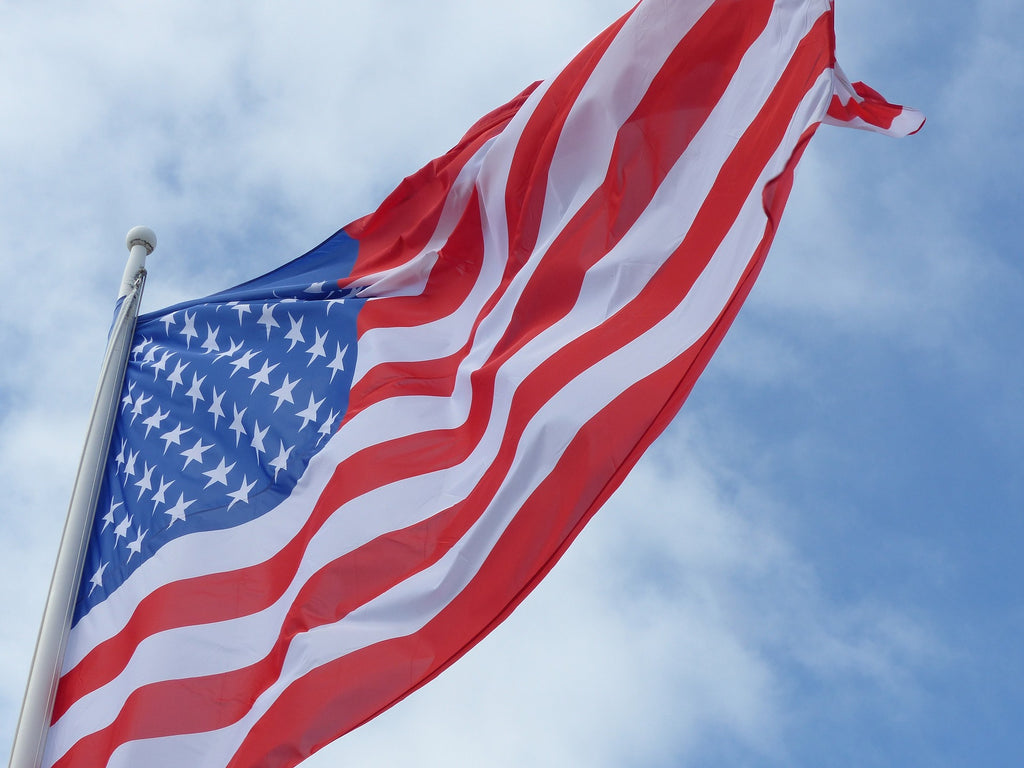
9 Unit CLE Bundle - 446 SERIES
$ 269.00
9 Hour CLE Package Includes: BUNDLE 446...9 HOURS $269.00 +20.74 SHIPPING + $20.18 TAX (7.5%) = 309.92 #402 Cash Transaction Reporting, Anti Moneylaundering and Terrorist Financing, Hours: 1 hour General Speaker: Charles G Bates Title: Compliance Attorney and Bank Secrecy Act Officer Firm: Bay 101 Cardroom/Casino Have you ever wondered...

52 Unit CLE Bundle - 545 & 345 SERIES
$ 399.00
26 Hour CLE Package Includes: Bundle 545 plus 345 52 HOURS $499 Ethics: Practice Law with Integrity, A Judges View 507 Bias: Harassment, Retaliation & Discrimination (Transgender) 509 Bankruptcy Law: Chapter 7 Overview 513 Human Trafficking 514 Substance Abuse & Legal Competence 515 Labor Law: Conflict in Labor & Dis...

9 Unit CLE Bundle - 346 SERIES MP3 Download
$ 169.00
9 Hour CLE Package Includes: BUNDLE 4469 HOURS $269.00 +20.74 SHIPPING + $20.18 TAX (7.5%) = 309.92 Note: This Series is shipped via MP3 Downloads COURSE #277: Substance Abuse: Neurochemistry of Addition and RecoveryHave you ever wondered how a physical substance like a psychoactive drug can change a mental or emotional state? To understand ho...
9 MCLE UNIT BUNDLE MP3 All in One--500 Series--Ethics(4), Bias(1), Substance Abuse/ Competency(1)

9 MCLE UNIT BUNDLE MP3 All in One--500 Series--Ethics(4), Bias(1), Substance Abuse/ Competency(1)
$ 269.00
9 MCLE Credits/ Hrs; 1 Bias, 1 Substance Abuse/ Legal Competency, 4 Ethics, MP3 Download Ethics: Practice Law with Integrity, A Judges View 507 Bias: Harassment, Retaliation & Discrimination (Transgender) 509 Substance Abuse & Legal Competence 515 Trial Tactics in Limine to Closing in 50 minutes 517 Ethics: Ethical & Legal...

17 Unit CLE Bundle - 547 SERIES MP3 Download
$ 279.00
17 Hour CLE Package Includes: Bundle 547 MP3 Downloads 17 HOURS $279.00 + 20.74 SHIPPING +$20.93 TAX in California (7.5%) = 320.67 Note: This Series is shipped via MP3 Downloads Ethics: Practice Law with Integrity, A Judges View 507 Bias: Harassment, Retaliation & Discrimination (Transgender) 509 Human Trafficking 514 Substance A...

17 Unit CLE Audio CD Bundle - 347 SERIES
$ 279.00
17 Hour CLE Package Includes 17 hours of any of the following selections: Bundle 347 COURSE #277: Substance Abuse: Neurochemistry of Addition and RecoveryHave you ever wondered how a physical substance like a psychoactive drug can change a mental or emotional state? To understand how this can happen, it may be helpful to know that all mental an...
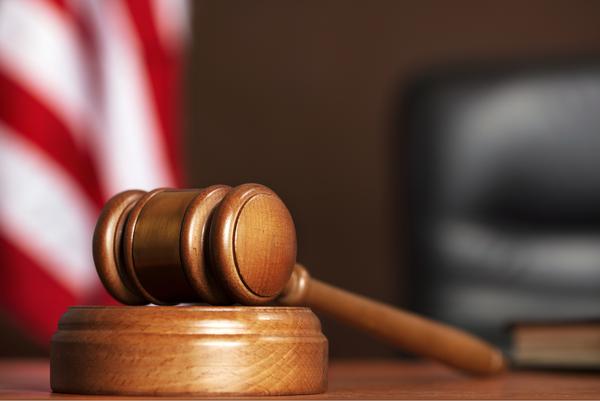
Course #301- Hidden Estate Decimators - Income in Respect of a Decedent - 1 Hour
$ 59.00
Course# 301 Hidden Estate Decimators - Income in Respect of a Decedent Speaker: KENT WYATT MEYER The House Ways and Means Committee released a draft of a tax plan that would raise the highest income tax rate by 4.3 % The House Ways and Means Committee released a draft of a tax plan that would raise the highest income tax rate by 4.3 % to 39.3%...
